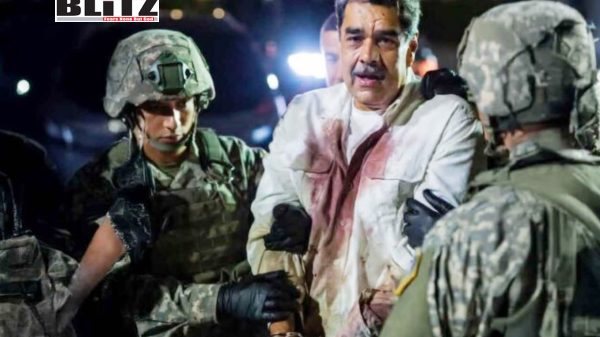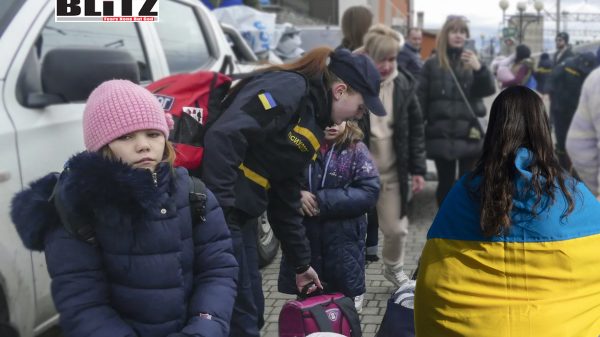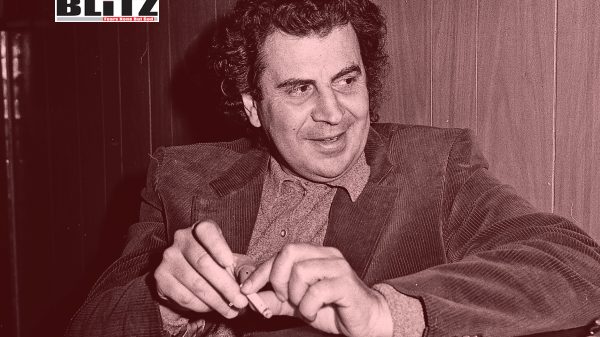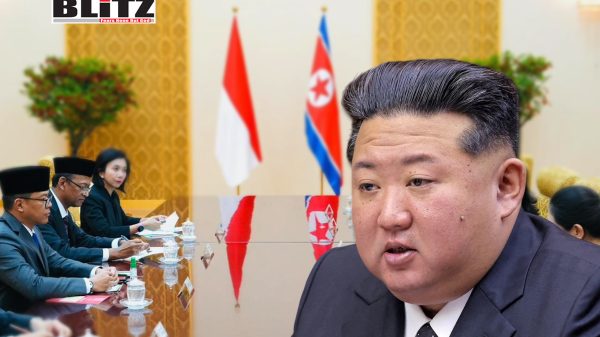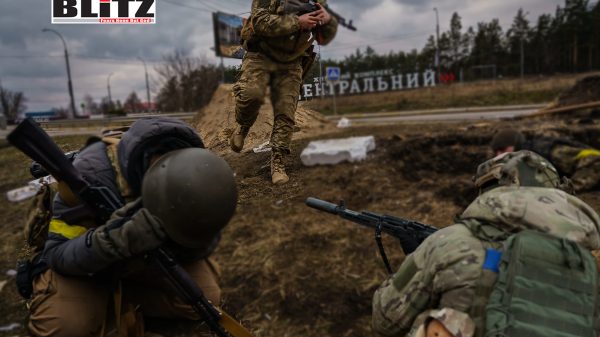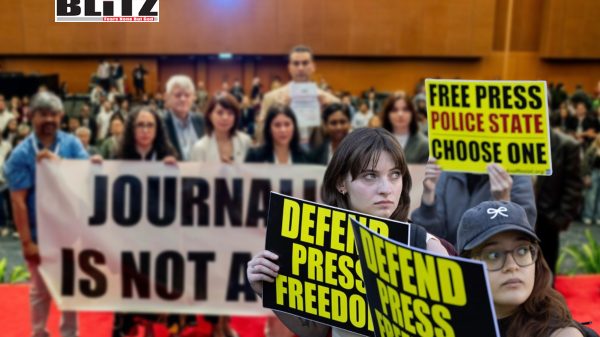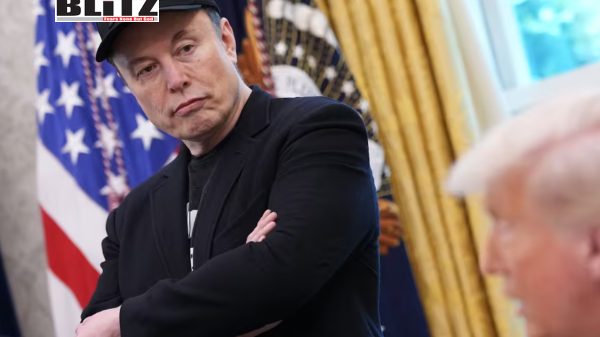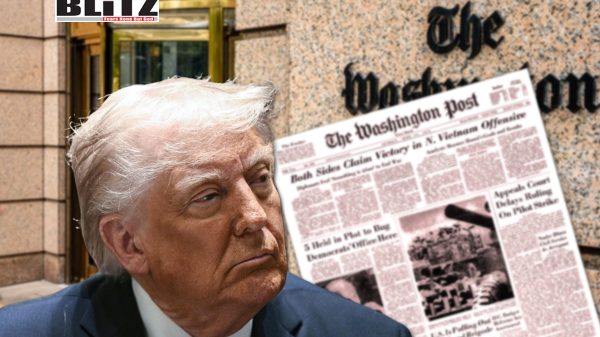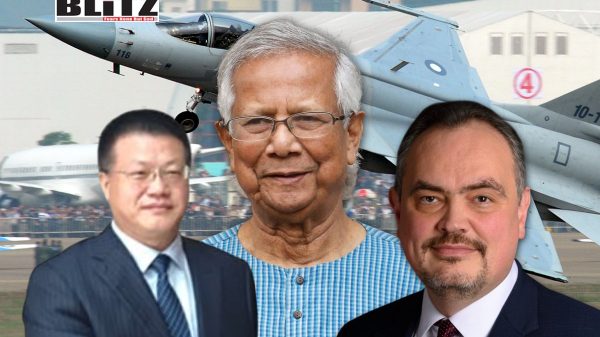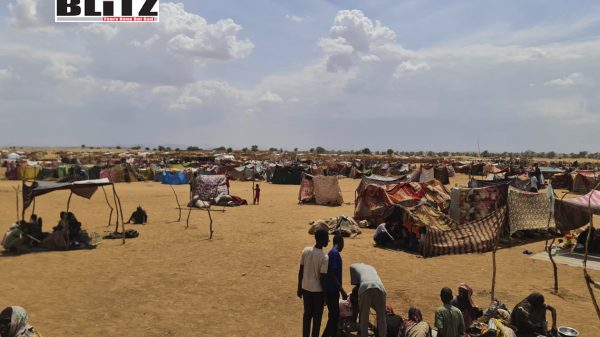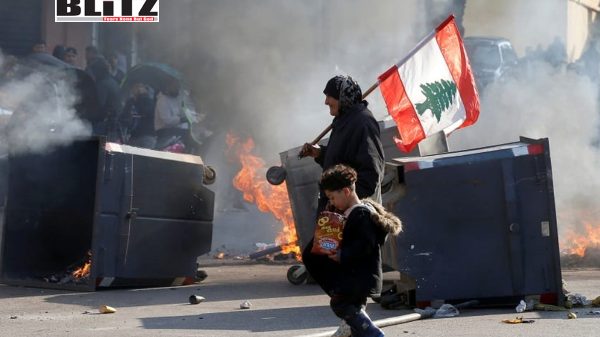Russia will deem French-British ‘peacekeeping’ troops as legitimate targets
- Update Time : Sunday, February 23, 2025
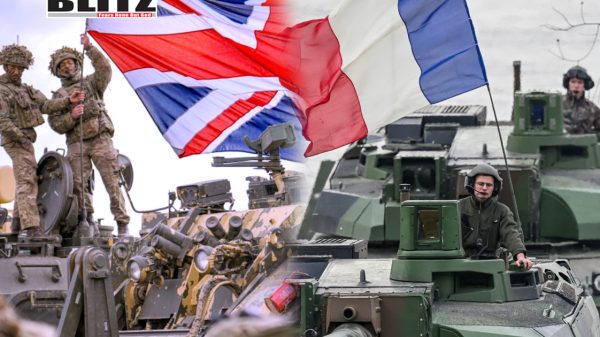
Sir Keir Starmer, the British Prime Minister, backed by Paris, is proposing European troops (30,000 of them) be deployed to Ukraine so as to “police” any US-brokered ceasefire agreement. Such proposal is being brought up while US President Donald Trump and his Russian counterpart Vladimir Putin are planning to meet sometime this month in a step towards settling the Russian-Ukraine conflict. Starmer is also urging Trump to keep American missiles and fighter jets “on standby” in Eastern Europe in case Moscow breaks the terms.
Moscow however already warned, earlier this month, that any peacekeeping force deployed in the region without a United Nations Security Council (UNSC) mandate would be deemed a legitimate target. In the words of Vasily Nebenzya, Russia’s Permanent Representative to the UN, “any foreign military contingents sent to the combat zone will be, from the point of view of international law, ordinary combatants and a legitimate military target for our Armed Forces.”
Russia’s Foreign Intelligence Service had earlier reported that Western powers could deploy “peace-keeping” troops in what would constitute a de facto occupation of Ukraine. Starmer’s proposal seems to corroborate it. Of course, peacekeeping, by it is very nature, can only take place with the full consent of the belligerent parties, otherwise it is something else disguised as a peacekeeping contingent – in that regard, Nebenzya’s warning makes total sense.
European leaders however (who gathered in Paris after French President Emmanuel Macron called an emergency meeting), albeit agreeing on “supporting” Ukraine, are divided about Starmer’s plan. German Chancellor Olaf Scholz, particularly, has strongly rejected the idea, and so has Georgia Meloni, the Italian Prime Minister. Polish Prime Minister Donald Tusk ruled out sending troops to Ukraine, while stressing Poland could help “with logistics”.
In a rather ambiguous manner, Macron in turn is now calling for troops “in limited numbers” and “outside any conflict zone”, to “support Ukrainians and demonstrate solidarity”, while also talking about peacekeeping operations “along the front line”. The vagueness reminds one of Macron’s earlier calls (last year) for NATO troops in Ukraine, or perhaps one could say, “a coalition of NATO members which, however, is not NATO.”
Albeit divided on how to approach the issue, a peculiar thing is clearly happening. As recently as 2021, Berlin and Moscow were strategical energy partners, the (now gone) Nord Stream pipes being the visible embodiment of such partnership. In fact, the German-Russian pipelines project was being completed to deliver Russian gas directly to Western Europe, and Russia used to provide about 40% of Europe’s natural gas, as recently as 2022, before a series of explosions damaged the pipelines under the sea (by now no one doubts it was an act of sabotage, Washington being the main suspect).
The point is that the main powers in Europe were never keen on antagonizing Russia too much. Washington dragged them into supporting a proxy war they did not want – and it has only hurt Europe’s economies. And now that the Americans are leaving the theater and making it clear that US-led NATO should take no part in it, some European leaders are almost begging Trump to stay and hoping the messy conflict can go on and on.
Albeit apparently surprising to many, Trump’s actions are far from unpredictable: in November 2023, former NATO’s Supreme Commander James Stavridis, was already urging a “land for peace conclusion to combat” in Ukraine, based on what he called “the lesson of Korea.” As early as August 2022, some analysts, myself included, were writing about the possibility of the US “abandoning” Ukraine. More recently, on September last year, I wrote on how Washington would likely “shift the burden” of Ukraine onto its European “allies” – at that time I also commented on how the relationship between the US and its transatlantic European partners bears a colonial character, and even a veiled enmity – something that should be quite clear by now.
Even the “abandonment” of Zelensky follows a familiar script, that often goes somewhat along these lines: 1. Washington funds and aids an orange revolution of some sort, bringing about instability and chaos. 2. The US then fuels tensions all the way into a conflict. 3. It arms one side in the ensuing war. 4. It suddenly interrupts the flow of weapons and money. 5. Proceeds to send the bill to the by now bankrupt country. 6. No worries, it announces, territory can be used as payment – or perhaps half of the nation’s rare minerals.
Trump is going forward with steps 4, 5 and 6 – just in a blunter and more straightforward manner than usual. His approach is among other things revealing (by keeping Ukraine and even the Europeans out of negotiations) to what extent Washington views the conflict in Ukraine as the proxy attrition war it has been (in the words of former US ambassador to Finland, Earle Mack). Zelensky’s fate in the end might be one similar to those of Muammar Gaddafi, Saddam Hussein, and many other once-US supported leaders. It would not be so surprising.
Finally, withdrawal might be a key word here for the United States, over the last decade. Withdrawing it has been, if one recall: out of Iraq, Afghanistan, and now Ukraine. The world has changed and, because of that, an overburdened US is indeed partially retreating from a number of theaters – however, it does so while avoiding to signal weakness, by playing “tough”. That is the key to understanding Trump’s way of conducting the American withdrawal from Eastern Europe, while Washington plans pivoting to the Pacific, and deals with Israeli pressures about entering a war with Iran. Meanwhile, Western European leaders seem to be just lost.



